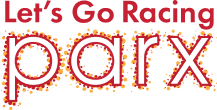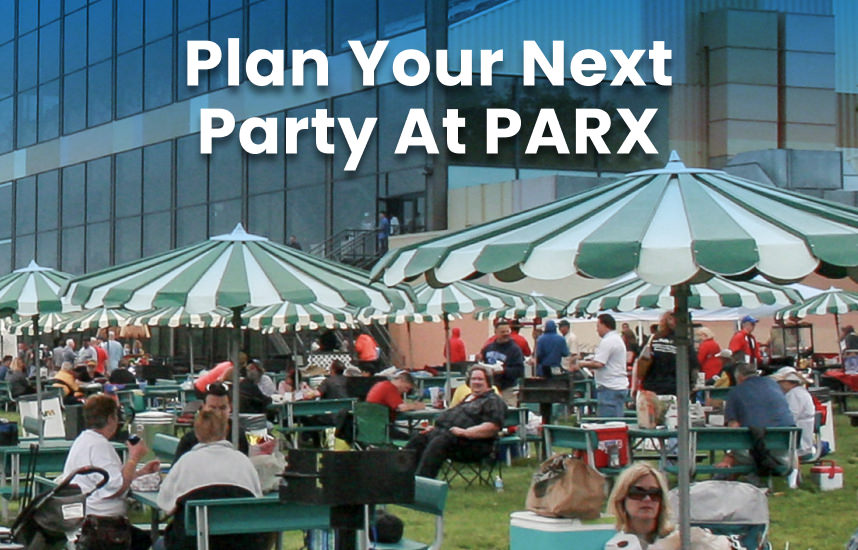By Dick Jerardi
When Pennsylvania Gov. Tom Wolf said in his annual budget address, “let’s bet on kids, instead of bankrolling horse owners,’’ he demonstrated what has sadly become a familiar refrain: All horse owners are rich and are getting richer off horse racing purses.
The facts tell the real story. In 2018, according to the Jockey Club Fact Book, there were 46,144 starters in North America. They ran for $1.1 billion in purses.
The average starter made $24,223 that year. The average annual training bill is between $30,000 and $50,000 per horse, depending on the circuit.
The math clearly demonstrates the vast majority of horse owners lose money. And some quite small percentage are actually rich when they decide to get into the game. Owners buy and claim horses because they love the animals, love the competition, love the game, definitely not to get rich.
And without horse owners, there is no game. Thus, the governor not only missed the point with his implication about horse owners, he also missed the wider point that horse owners are the engine that drives the entire vast economic engine that is estimated to have a $1.6 billion impact in the commonwealth, once you consider the approximately 20,000 jobs that are related in one way or another to horse racing.
There are jobs away from the tracks in agriculture, manufacturing and construction. There are jobs directly related to the tracks _ jockeys, van drivers, blacksmiths and veterinarians. There are jobs that lead to the other jobs and people with seemingly unrelated jobs that absolutely trace to horse racing.
Nobody is against providing scholarships for 25,000 students in the 14 state system colleges as the governor is proposing. It is a worthwhile goal, but there are many other revenue sources beyond the $204 million in the Race Horse Development Fund.
Destroying an entire industry makes no economic sense. Beyond that, it is unfair and ignores the history behind the Fund.
In the early 2000s, the state’s horse racing industry was in serious trouble because Delaware and West Virginia were growing purses with money from gaming revenue. Getting slot machines at tracks to help with purses was the reason casinos came to Pennsylvania. Too many people seem to have forgotten that.
When slots were legalized in 2004, the industry underwent an almost immediate transformation. Horse owners were getting more money for their investment which meant thousands had a real chance to earn a decent living. New breeding farms were developed. Pennsylvania breds were desirable.
Those slots casinos have become goliaths, slots leading to table games leading to sports betting. It was anticipated that casino gambling on site would lead to less race track betting.
Thus, the assessment paid by casinos that would go to purses. The “Fund’’ comes directly from casino money, not from taxes paid by the citizens of the Commonwealth.
As casinos have expanded their menu of gambling options, the effect on race track handle has become more dramatic. There is no way handle can be the only driver of purses as it once was.
So the government decided as recently as 2017 that horse racing had such a state-wide economic benefit it was worth preserving, that it needed to give some certainty about the Fund to anybody who planned to make a long-term investment.
What happened between then and now is unclear, as Gov Wolf’s proposal came with no warning, as well as no understanding on what the Race Horse Development Fund actually does and why it came into existence in the first place.
Now that so many in horse racing have made their voices heard, hopefully facts will trump soundbites and reality will overcome a misunderstanding.





